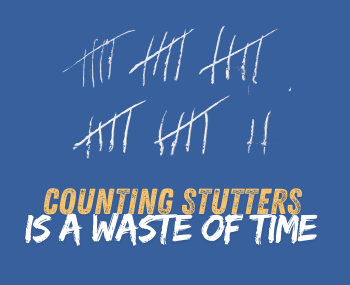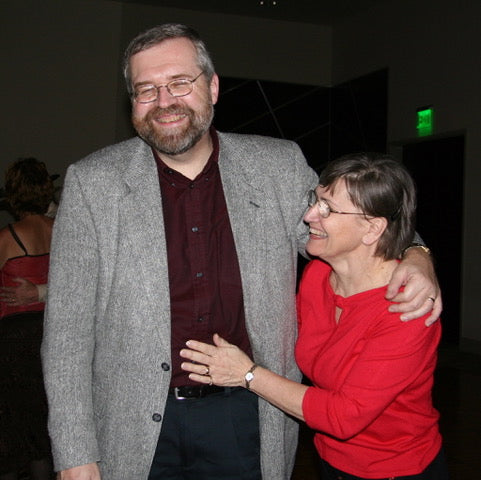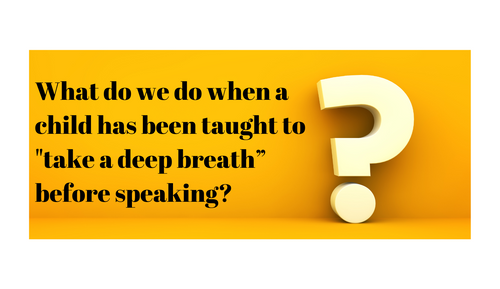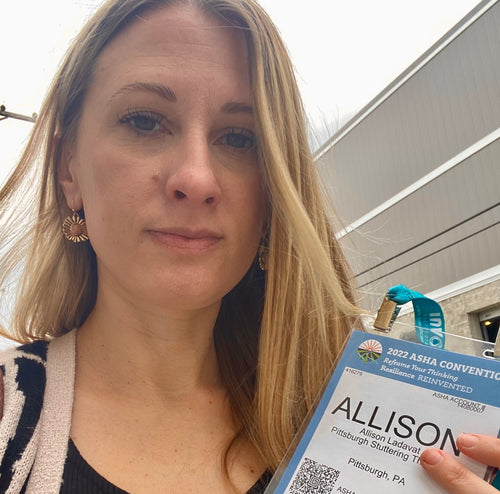Practical Thoughts Blog

Counting Stutters Is a Waste of Time!

The Neurodiversity Affirming Movement and its Implications for Stuttering

Remembering Our Dear Friend, Dr. Bob Quesal

An Ode to Cleve: A Novel that Supports Stuttering as Verbal Diversity

Stuttering - From Shame and Anxiety to Confident Authenticity

Stuttering: It's a Fascinating History!

Caregivers want me to work on fluency. What do I say?

"Mister Rogers' Speech"

The "Deep Breath" Dilemma

What is Verbal Diversity?

Fluency Focus: A Perspective from a Person Who Stutters





